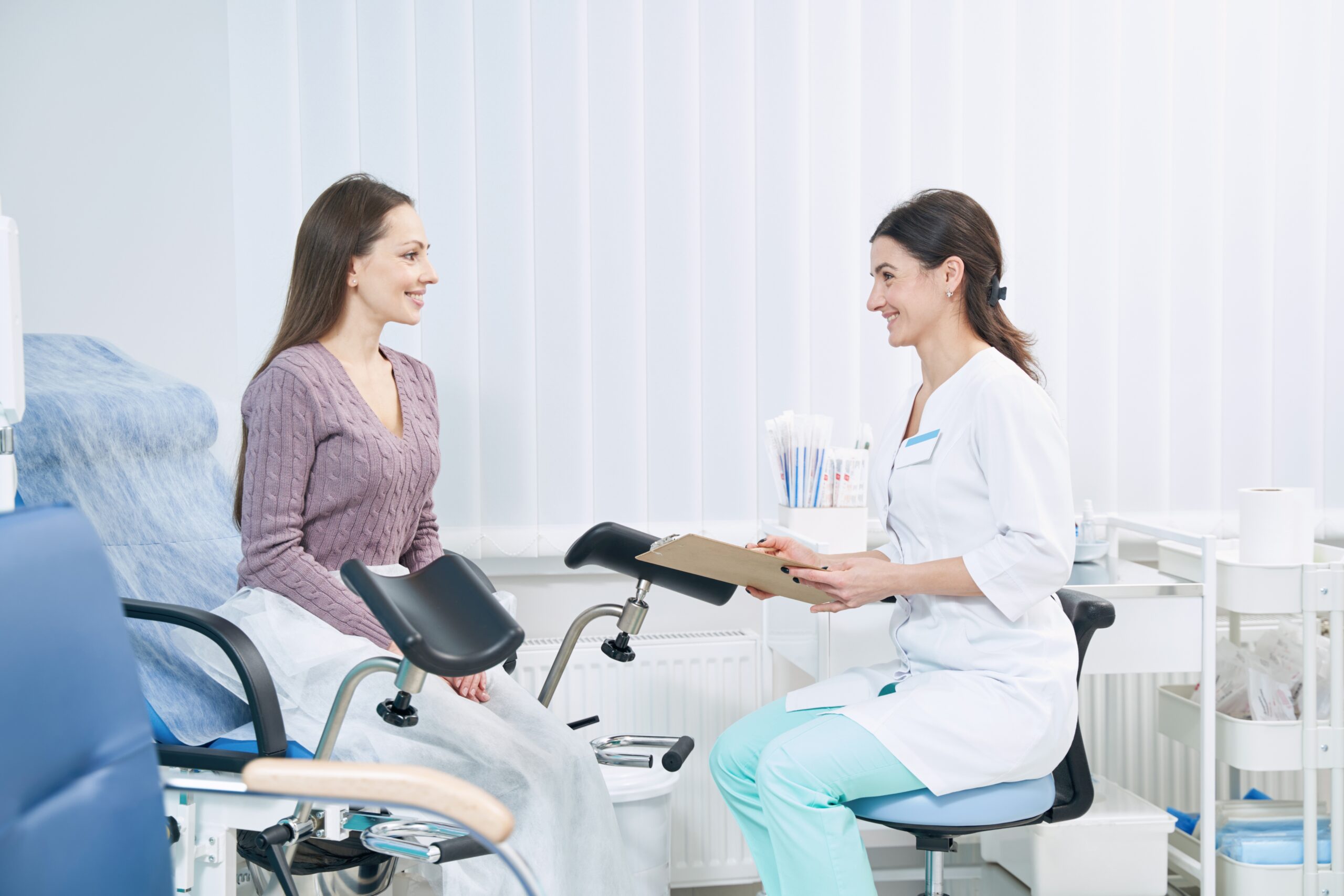Regular gynecological exams are an essential part of maintaining good reproductive health. Whether you’re due for your first exam or have been seeing your gynecologist for years, understanding the importance of these visits and knowing what to expect can help you feel more comfortable and empowered. These exams provide a comprehensive assessment of your reproductive health and allow for the early detection of potential issues that can be treated before they become more serious.
1. Why Regular Exams Matter
Gynecological exams are designed to monitor the health of your reproductive organs, including the uterus, ovaries, cervix, and vagina. Regular visits allow your gynecologist to check for any signs of infection, abnormal growths, or other health conditions such as fibroids, polyps, or ovarian cysts. Additionally, these exams help identify risk factors for sexually transmitted infections (STIs), cancers, and other reproductive system diseases, allowing for early intervention when needed.
2. Cancer Screenings
One of the most important aspects of a gynecological exam is cancer screening. Your gynecologist will likely perform a Pap smear to screen for cervical cancer. This test checks for abnormal cells on the cervix that could develop into cancer over time. Regular Pap smears are crucial in detecting early signs of cervical cancer, and if abnormal cells are found, follow-up tests or treatments can prevent the development of cancer. Additionally, breast exams are often performed during your visit to check for lumps or signs of breast cancer.
3. Detecting STIs and Infections
STIs and infections can have a significant impact on your reproductive health if left untreated. During your exam, your gynecologist may test for common STIs such as chlamydia, gonorrhea, or HIV, as well as perform tests for yeast infections or bacterial vaginosis. Early detection and treatment of STIs are key to preventing long-term complications such as infertility, chronic pelvic pain, and cervical cancer.
4. Monitoring Menstrual Health
Your gynecological exam is also an opportunity to discuss your menstrual health. If you’re experiencing heavy periods, irregular cycles, or pain, it’s important to bring these concerns to your doctor. Your gynecologist can help diagnose conditions such as polycystic ovary syndrome (PCOS), endometriosis, or fibroids, which can impact your menstrual cycle and overall health. Addressing these issues early can improve your quality of life and prevent complications down the road.
5. Fertility and Family Planning
For women considering pregnancy or those experiencing difficulty getting pregnant, a gynecological exam is an important step in assessing fertility. Your doctor can perform tests to determine if there are any underlying conditions affecting your fertility, such as hormonal imbalances or blocked fallopian tubes. They can also discuss family planning options and provide guidance on contraception, as well as discuss the timing of pregnancy and fertility preservation methods if needed.
6. Bone Health and Hormonal Changes
For women approaching menopause or those already experiencing menopausal symptoms, regular gynecological exams help monitor bone health and hormone levels. Your gynecologist can evaluate your risk for osteoporosis, a condition that weakens bones and makes them more prone to fractures, especially after menopause. Hormonal changes during perimenopause and menopause can also lead to symptoms like hot flashes, mood swings, and vaginal dryness, and your gynecologist can offer treatments to manage these changes.
7. Personalized Health Advice
A gynecological exam is not just about checking for health conditions—it’s also an opportunity for you to have a conversation with your doctor about your lifestyle and overall well-being. Your gynecologist can provide personalized health advice on topics like sexual health, weight management, diet, and exercise. If you have concerns about mental health, stress, or relationship issues, they can refer you to resources or specialists who can help.
8. Mental and Emotional Health
It’s essential to remember that your gynecological health is closely connected to your mental and emotional well-being. During your appointment, your doctor will take the time to address any concerns you may have about your reproductive health, relationships, or mental health. Discussing your symptoms openly can help reduce anxiety and empower you to take control of your health.
9. The Right Time for Your Exam
The frequency of your gynecological exams depends on your age, health status, and sexual activity. Generally, it’s recommended that women begin seeing a gynecologist at age 21, or earlier if they are sexually active. After the age of 21, most women should have a gynecological exam every year, though some may need more frequent visits depending on their health needs. Your doctor will work with you to create a schedule for exams based on your personal health and risk factors.
Regular gynecological exams are vital for maintaining reproductive health and overall well-being. By attending these exams and discussing any concerns with your healthcare provider, you’re taking an active role in ensuring your health is monitored and managed. Don’t hesitate to give us a call at 571-707-8522 today to schedule an appointment as well as ask any questions you may have!




